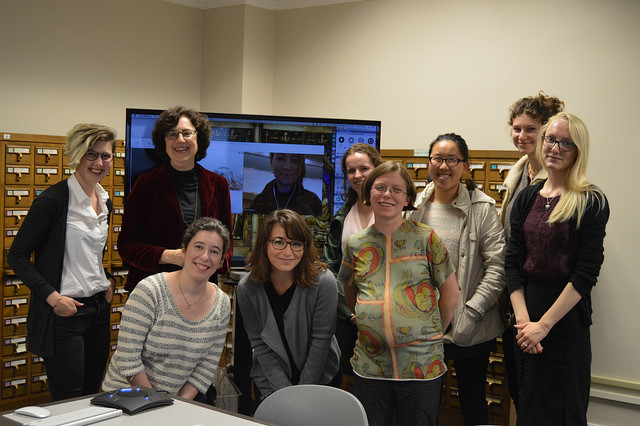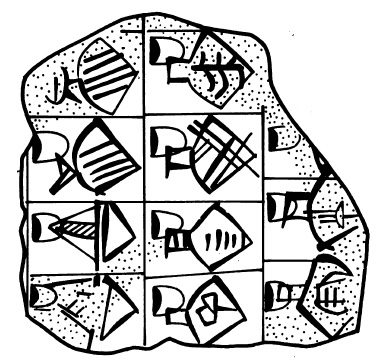The Undergraduate Research Apprentice Program (URAP) brings together undergraduate students, faculty, visiting scholars, curators, and graduate students to pursue research for the semester. Below, we have selected several URAP projects where students will engage with digital humanities tools, methods, and critical perspectives. Apprentices have curated exhibits, built databases, traveled to archives abroad, learned web design, and later conducted their own research in the digital humanities.
Applications for undergraduate students will be open January 12th - 26th. Explore the full project descriptions and required qualifications in the URAP directory.
DH Fellows Projects
The projects below are led by Fellows in the Digital Humanities at Berkeley program. Learn more about the Fellows’ DH research and courses.
Elizabeth Honig, Associate Professor,History of Art
Brueg(h)el Family Research Websites: Pieter Bruegel
Clean and prepare data for the expansion of janbrueghel.net to include the works of Pieter Brueghel the Elder. Design skills and proficiency with Adobe tools are desirable. Some programming skills (scripting, data cleaning) will also be very useful. Multiple apprentices will be hired. Summer employment and travel opportunities may arise for students who do good work as URAP apprentices. Learn more about recent developments at janbrueghel.net.
Theodore Peña, Professor, Classics
Palatine East Pottery Project
Students will deal with excavation data from the Palatine East Excavations in downtown Rome and work with material which dates to the period ca. AD 50 – AD 450. Students will assist with the photographing and description of thick sections and thin sections, the updating of databases, the preparation of digital profile drawings from pencil drawings and digital stratigraphic matrices from print matrices, the calculation of vessel capacity values from profile drawings, the editing of specimen descriptions, and the development of the project web site.
Res Romanae - website of the UC Berkeley Roman Material Culture Laboratory
One or more student apprentices are required to assist with the expansion of the Berkeley Roman Material Culture Research Laborator. This will involve the construction of pages for various research projects that will entail the presentation of various kinds of material, including text files, images, and databases. Students will develop experience in web design using Drupal and an understanding of the challenges currently being faced by archaeology and related fields in the online presentation of material.
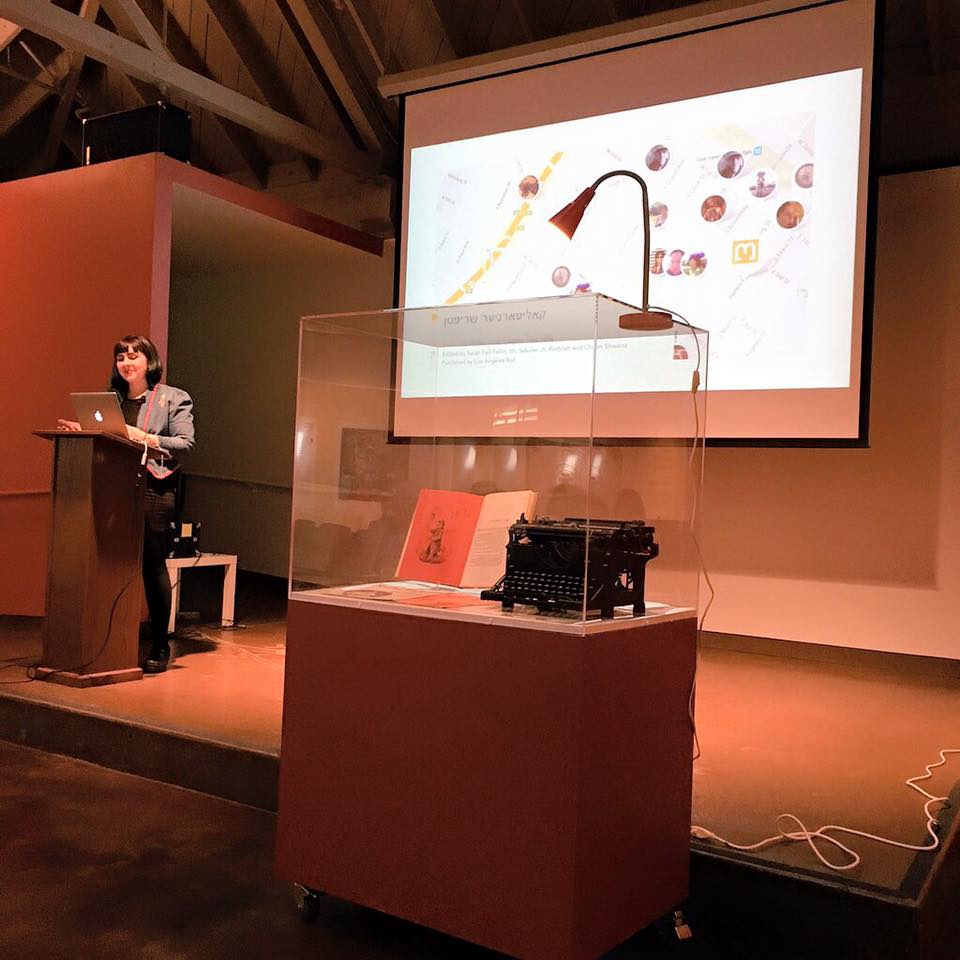 Francesco Spagnolo, Curator The Magnes Collection of Jewish Art and Life
Francesco Spagnolo, Curator The Magnes Collection of Jewish Art and Life
The Jewish World and the #DigitalHumanities | The Magnes Collection of Jewish Art and Life
Research apprentices will have the opportunity to work "hands-on" with primary sources from the global Jewish Diaspora, including rare objects, documents, photographs, books, manuscripts, and artwork from the 16th century to our days. Apprentices will assist with research on collection items, catalog and accession records; fact-check existing information in museum catalogs, books, and online resources; and proof-read exhibition labels and web pages. In-depth research areas encompass Jewish history and culture in the global Jewish diaspora, with an emphasis on Digital Humanities tools, methodologies, and critical perspectives. Specific areas of collection-based research includes diverse mediums (paintings, sculpture, material culture, textiles, rare books, manuscripts, photographs, ephemera, and more) as well as areas and languages from the global Jewish diaspora (Europe, the Mediterranean, North Africa, the Middle East, India, and the Americas).
Alexandra Saum-Pascual, Assistant Professor, Spanish and Portuguese
No Legacy || Literatura electronica, a Digital Humanities Curatorial Practice
The Undergraduate Research Apprentice will conduct library and on-line research about the holdings of an upcoming electronic literature collection, No Legacy || Literatura electronica, a Digital Humanities interactive installation, supported by the Berkeley Center for New Media, Doe Library and the Department of Spanish and Portuguese, featuring museum objects, archival documents, and a variety of digital humanities tools, methods, and perspectives.
Niek Veldhuis, Professor. Near Eastern Studies
Computational Analysis of Cuneiform Texts
Digital editions of all kinds of cuneiform texts allow for a variety of analytical approaches, using scripts in Python, R, and Gephi. The undergraduate research assistant The apprentice will help in developing scripts in Python, R, and Gephi for downloading, scraping, and analyzing groups of texts in cuneiform languages. He or she will work with graduate students and the professor who are working on various projects. No knowledge of cuneiform languages is necessary. Basic knowledge of Python and/or R is desirable but not essential.
Cathryn Carson, Associate Professor, History
Learning data science (Data Science Education Program) - tools & environments, diversity & inclusion, outreach, mapping
Data science is an exciting new field drawing together computing, statistical reasoning, information management, and concrete needs for data analysis in a huge range of areas. UC Berkeley has just launched a new Data Science Education Program that starts with a foundations class accessible to students across campus (CS/Stat/Info C8) and connector classes in many departments that link to it, plus advanced classes to be developed on top of these. This URAP project is a way for undergraduates of all majors to help develop an empirical basis for the Data Science Education Program that is grounded in students' experience. Students will work on one of four projects (see full description). Each project needs students with different skills sets, such as: ethnographic research, outreach, mapping, data visualization, web design / familiarity with Drupal.
Carol Redmount, Professor, Near Eastern Studies
Ancient Egyptian Urban Archaeology: Data Processing and Publishing of Material from Two First Millennium BCE Towns Excavated in Egypt
Students will work with text, database, and photographic records from two town site excavations in Egypt (Tell Muqdam and El Hibeh) that need proper review, processing, organization, additional research and ultimately publication, both in print and on the web.
More Projects
Bryan Wagner, Associate Professor, English
Online Descriptive Catalog for Historical Records in Pointe Coupee, Louisiana
We will be working from an available handwritten inventory to create the first online descriptive catalog for the historical manuscripts held in the Clerk of Court's office in Pointe Coupee, Louisiana. These are among the oldest records in Louisiana, and they are especially important for our understanding of slavery and its aftermath. We will use Omeka (omeka.org) as the platform for this project. Undergraduates will build the catalog using Omeka's robust and intuitive interface and will help to convert the existing records to this digital format.
David Bamman, Assistant Professor, School of Information
Annotating Literary Texts for Computational Analysis
Student researchers in this project will learn about several different subproblems in the field of text analysis and will be engaged most directly in annotating a literary text. Possible specific tasks include reading through Mark Twain's "Huckleberry Finn" and marking all of the people and places mentioned therein, annotating all of the parts of speech (noun, verb, adjective) for a selection of Jane Austen's "Pride and Prejudice," or identifying all of the speakers in James Joyce's "Ulysses."
Qualifications: Native-level proficiency in English and an interest in literature. Students from all divisions are welcome.
Ronelle Alexander, Professor, Slavic Languages and Literatures
Bulgarian Dialectology as Living Tradition 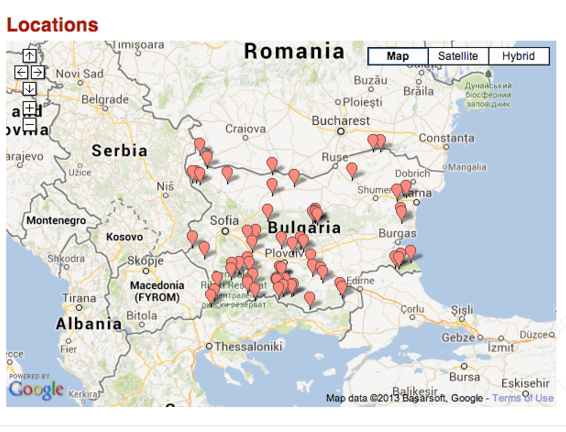
Originally conceived of as a complex digital object comprising audio clips from field dialect recordings made in Bulgarian villages over a 25-year period, coordinated with text files containing analysis on several levels, the Bulgarian Dialectology as Living Tradition project is now being prepared as an interactive database. The central focus is the collection of interviews with speakers from different dialect regions, each of which is available both as an audio file and in text format. The texts are currently being transcribed, translated, and annotated in preparation for entry into the database. Ultimately, once the texts are tagged both at the token level (for linguistic features) and the text level (for discourse and content features), users will be able to extract and compare dialectal and ethnographic data on many more levels than has previously been possible. Student apprentices will be engaged in data entry and analysis of dialectical texts. Knowledge of a Slavic language is desirable but not mandatory. Basic knowledge of language structure / linguistics is highly desirable.
Mary Anne Smart, Professor, Music
Locating Lost Identities: Mapping Italian opera audiences in Paris 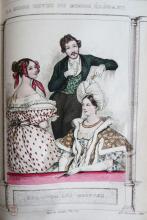
This project is part of a digital humanities project on the social life of the Italian opera in Paris during the 1830s and 1840s. An archival collection of letters written by subscribers to the administration of the Théâtre Italien gives the names, addresses, seat preferences, and social connections of patrons. In addition to historical research, students will work with the advisors to analyze data using DH tools. Students may: create visualizations of trends in the data, using ArcGIS, Gephi, or Palladio; geocode addresses to find latitude and longitude, figuring out where addresses fell in the former system of arrondissements; clean data for ticket locations; analyze trends of connections between subscribers across neighborhoods and within the theater.
Jun Sunseri, Assistant Professor, Anthropology
“Bear Bones” Zooarchaeology Research Lab Website Design
The Bear Bones Lab is looking for a team member to learn all about our ongoing projects and work with us to increase our web presence. The research cluster in Bear Bones has hosted data and collections from archaeological sites of diverse spatial and temporal origin, with research foci that engage an ever expanding network of cross-campus and community partners. Students should develop experience in web design using Drupal or other relevant platforms and an understanding of the challenges currently being faced by archaeology and related fields in the online presentation of material.
Michael Black, Head of Research and Information, Hearst Museum of Anthropology
Georeferencing Apprenticeship
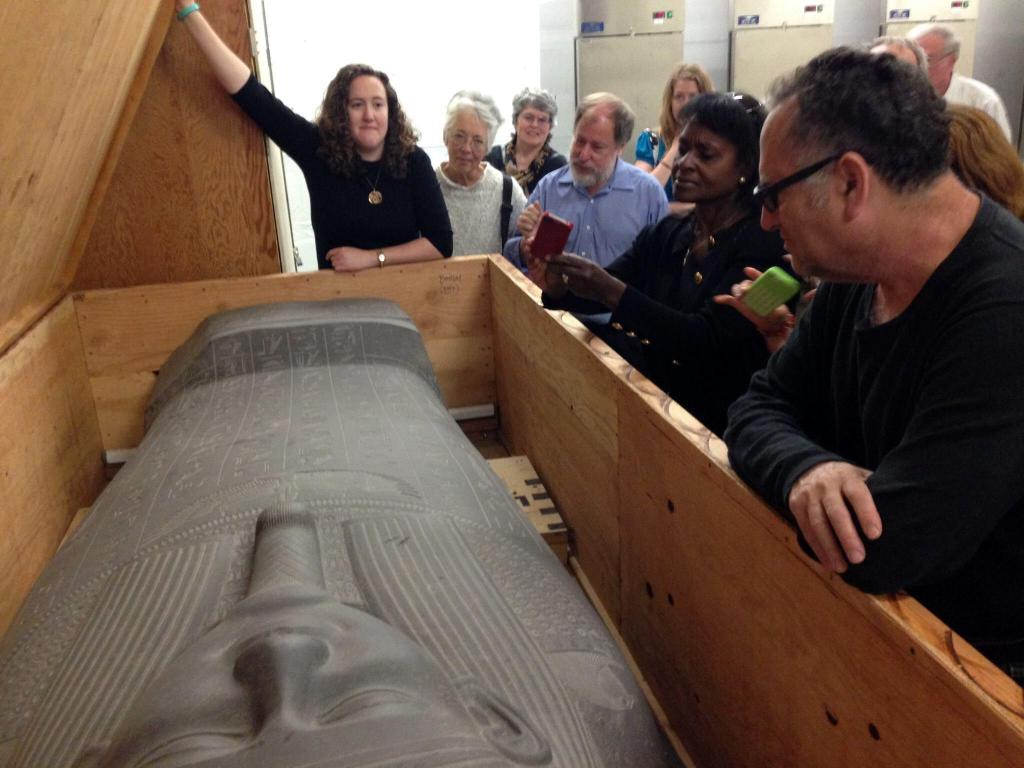 Apprentice will assist existing staff with locating archaeological sites and ethnographic field collection locations to specific mapped locations. Students will be able to work firsthand with historic maps, field notes, archaeological site records, and other archival materials, as well as with modern mapping tools to determine the exact geographic origins of objects in the Museum's collections. This is a unique opportunity to help improve the quality of the digitized collections information made available to the public. All locations mapped by the student will be available on our public Collections Portal the very next day. Proper museum protocols will be a part of the student’s training.
Apprentice will assist existing staff with locating archaeological sites and ethnographic field collection locations to specific mapped locations. Students will be able to work firsthand with historic maps, field notes, archaeological site records, and other archival materials, as well as with modern mapping tools to determine the exact geographic origins of objects in the Museum's collections. This is a unique opportunity to help improve the quality of the digitized collections information made available to the public. All locations mapped by the student will be available on our public Collections Portal the very next day. Proper museum protocols will be a part of the student’s training.
